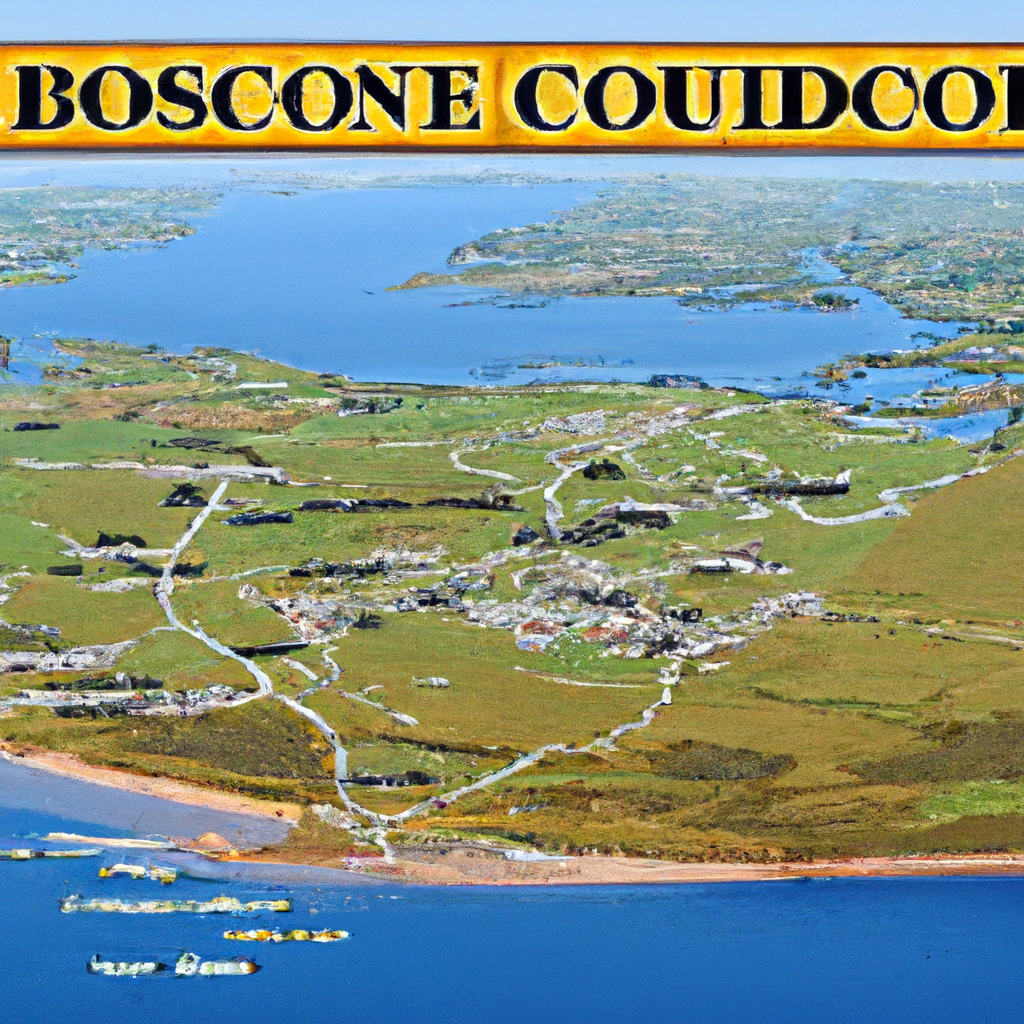Discovering the perfect rural property in Cape Breton can be an exhilarating adventure. The island’s breathtaking landscapes, rich cultural heritage, and tranquil lifestyle make it a coveted destination for property buyers seeking peace away from the bustle of city life. Whether you’re considering a quaint farmhouse, a sprawling acreage, or a cozy cottage by the sea, understanding the rural real estate market in Cape Breton is crucial for making an informed decision. In this guide, we’ll walk you through the essential steps to find and secure your dream property in this beautiful region.
Understanding Cape Breton’s Rural Property Landscape
The first step in your property search should be to familiarize yourself with the diverse regions of Cape Breton. From the rugged cliffs of the Cabot Trail to the pastoral beauty of the Margaree Valley, each area offers unique opportunities and challenges. Properties in more remote areas might offer stunning natural beauty and privacy but consider the accessibility and availability of services such as roads, electricity, and internet. Areas closer to small towns like Baddeck or Cheticamp provide easier access to amenities and community activities but may carry a higher price tag.
Setting Your Priorities
Before diving into the property market, it’s essential to list your priorities. Are you looking for complete solitude or a balance between rural living and community life? How important is proximity to healthcare, schools, or shopping facilities? Determining what matters most to you will help guide your search and make decisions easier when comparing properties.
Working with Local Experts
When it comes to rural properties, local knowledge is invaluable. Engaging with a real estate agent who specializes in rural Cape Breton properties can provide you with insights that you might not find online or through your own research. These professionals understand the nuances of the local market, including zoning laws, land use regulations, and potential development plans that could affect your property. They can also network on your behalf, potentially giving you access to listings before they hit the open market.
Conducting Thorough Research and Due Diligence
Once you’ve identified potential properties, the next step is to conduct thorough research. This includes checking the condition of the property, understanding any restrictions or easements, and considering future resale value. If the property includes land, consider having a survey conducted to know the exact boundaries and any geographical features that could impact your use of the land. Additionally, it’s wise to check the history of the property to ensure there are no unresolved legal or financial issues attached to it.
Visiting Properties and Assessing Potential
Online listings and photos can only tell you so much. Visiting properties in person is crucial. This allows you to get a feel for the area, assess the condition of the property first-hand, and envision potential changes or improvements. During visits, consider the local climate and how it might affect living conditions or property maintenance. Cape Breton’s weather can be variable, with coastal areas experiencing milder winters and more fog, which might influence your choice of location and type of property.
Planning for Financial Considerations
Purchasing rural property often involves different financial considerations than buying urban real estate. For instance, securing a mortgage for a rural property can sometimes be more challenging, as lenders may be cautious about financing properties in remote locations or with unique characteristics. It’s beneficial to have your finances in order and possibly consult with a financial advisor who understands rural real estate investments. Additionally, consider the ongoing costs of property maintenance, taxes, and utilities, which can be higher for rural properties due to their size and location.
In conclusion, buying rural property in Cape Breton is about much more than just making a purchase; it’s about embracing a lifestyle. With the right approach and thorough preparation, you can navigate Cape Breton’s rural property market successfully. Remember to take your time, use local resources, and above all, enjoy the journey to finding your perfect rural retreat.


